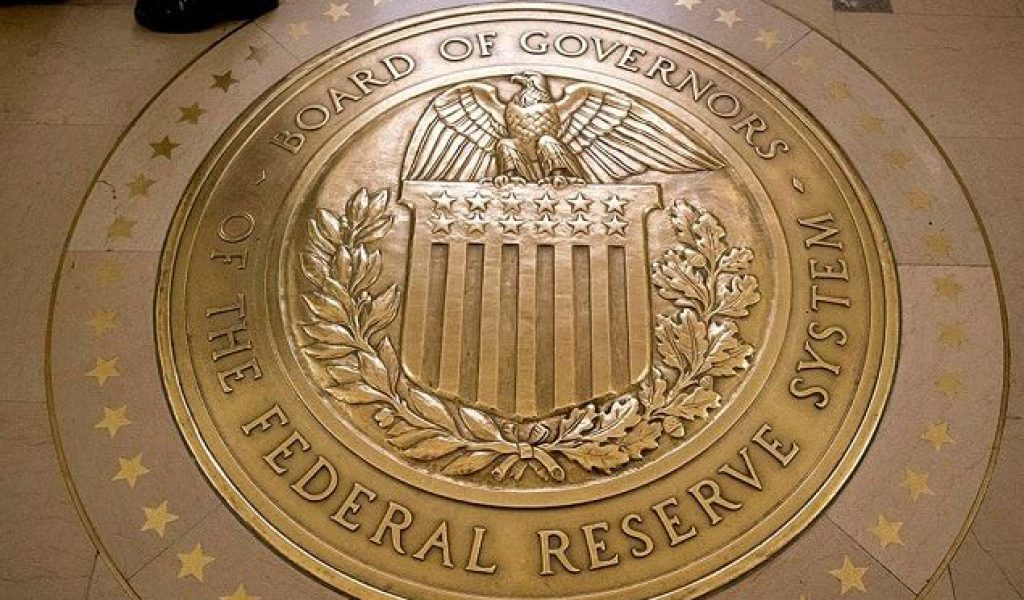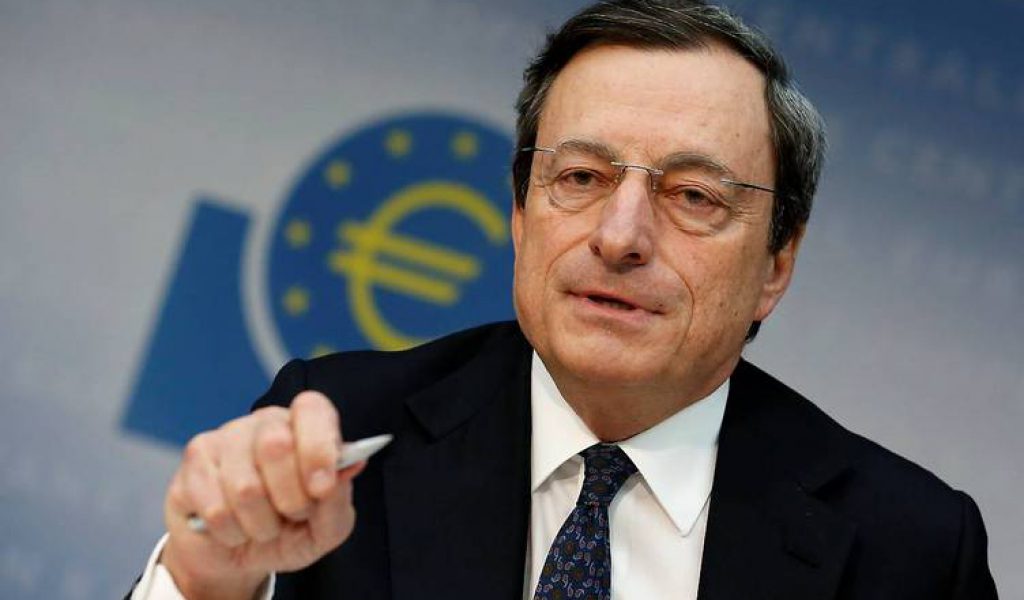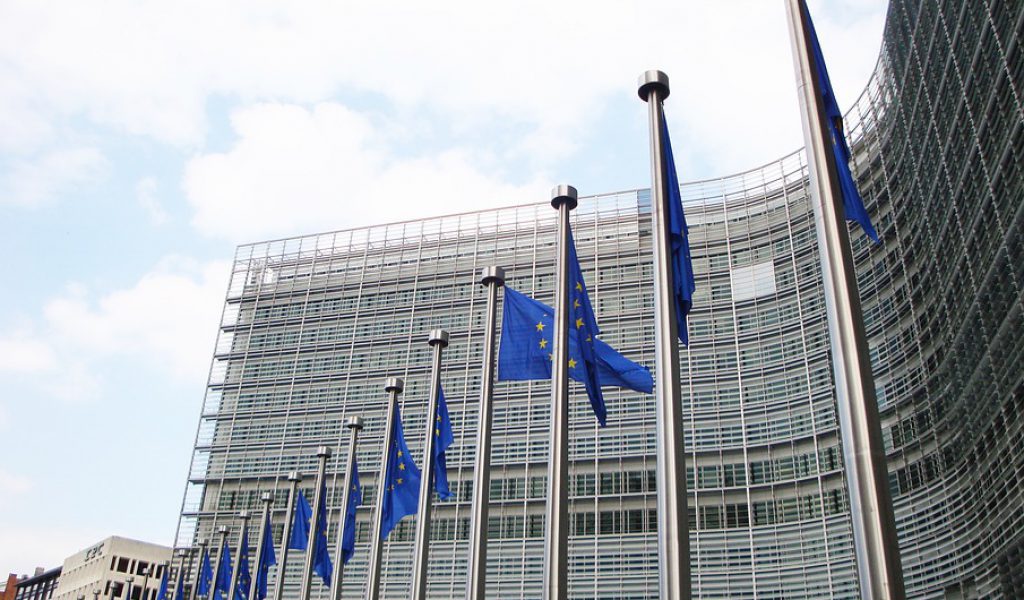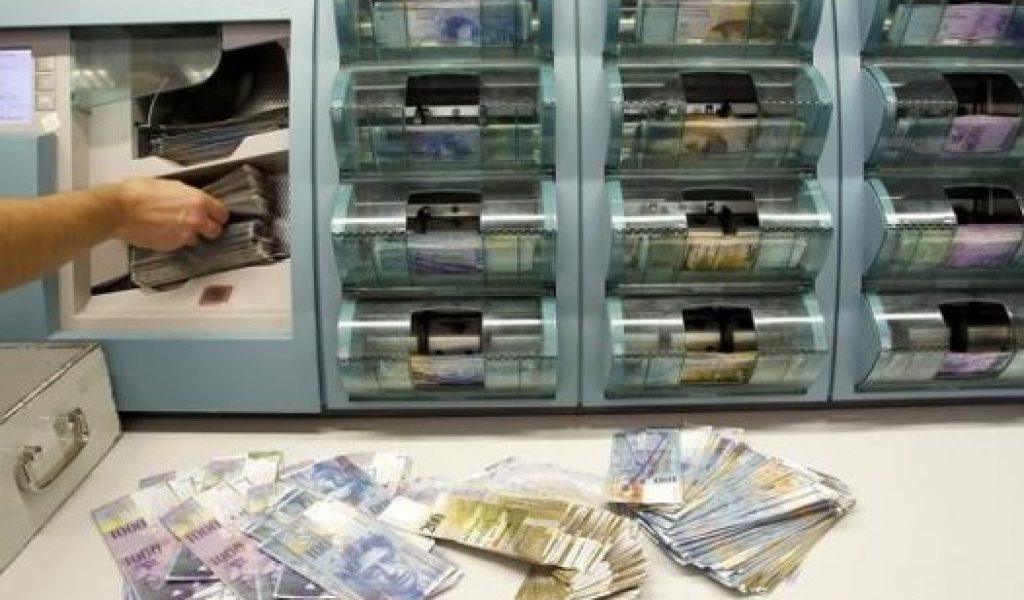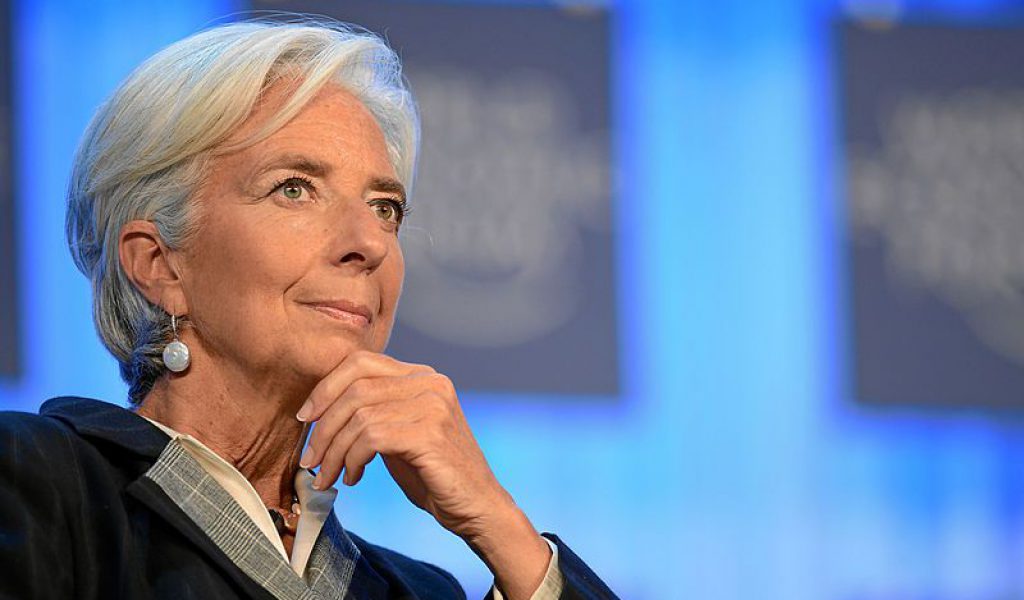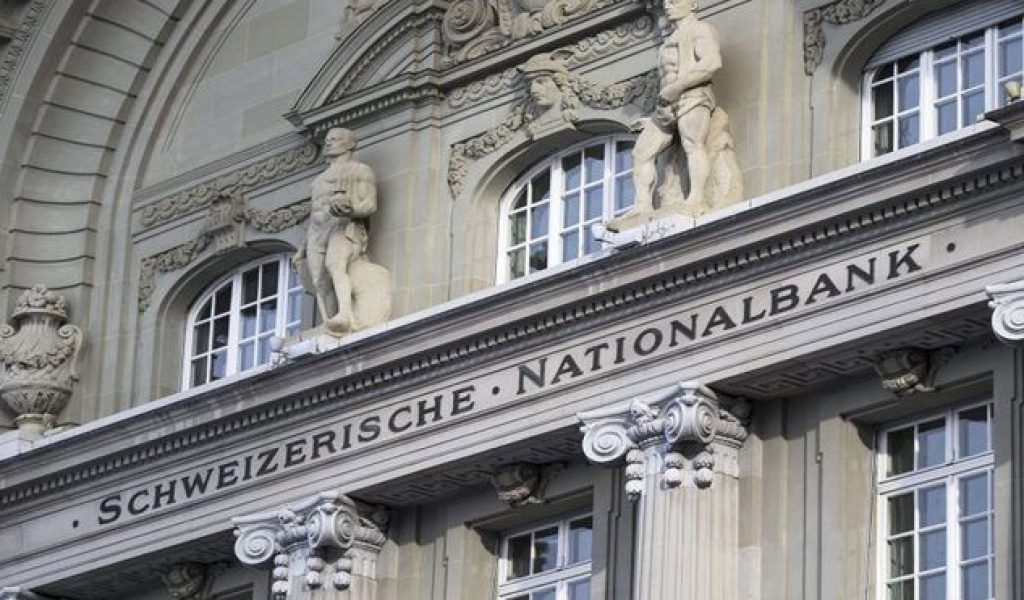Fed’s Rosengren warns to hike interest rates soon
It is too risky to continue to postpone a rate hike. Especially since there are "reasonable terms" so that they are raised. The message delivered by Eric Rosengren, president of the Federal Reserve Bank of Boston is very clear.
And the market returns to fear monetary tightening, perhaps sooner than imagined. Considering US central bank’s meeting on next 20 and 21 September, there are very few contrary convinced that the institute led by Janet Yellen will resume as early as this month, the normalization of monetary policy started in December 2015 for the first time since June 2006. This is demonstrated by a survey of the Wall Street Journal, that only 13.1% of economists expects an increase in Fed rates in less than two weeks. According to 73.8% of respondents, there will not be tight until December.


